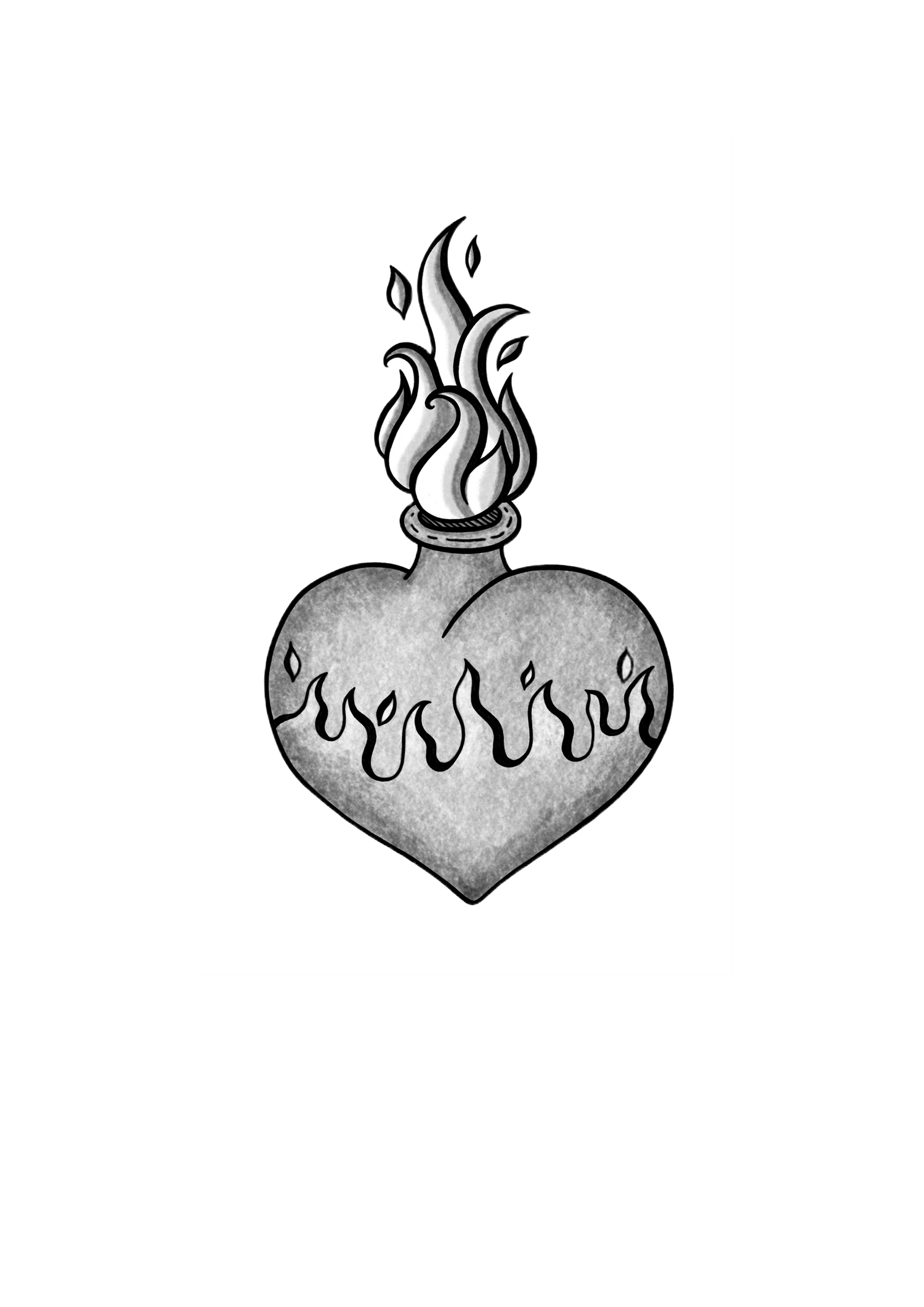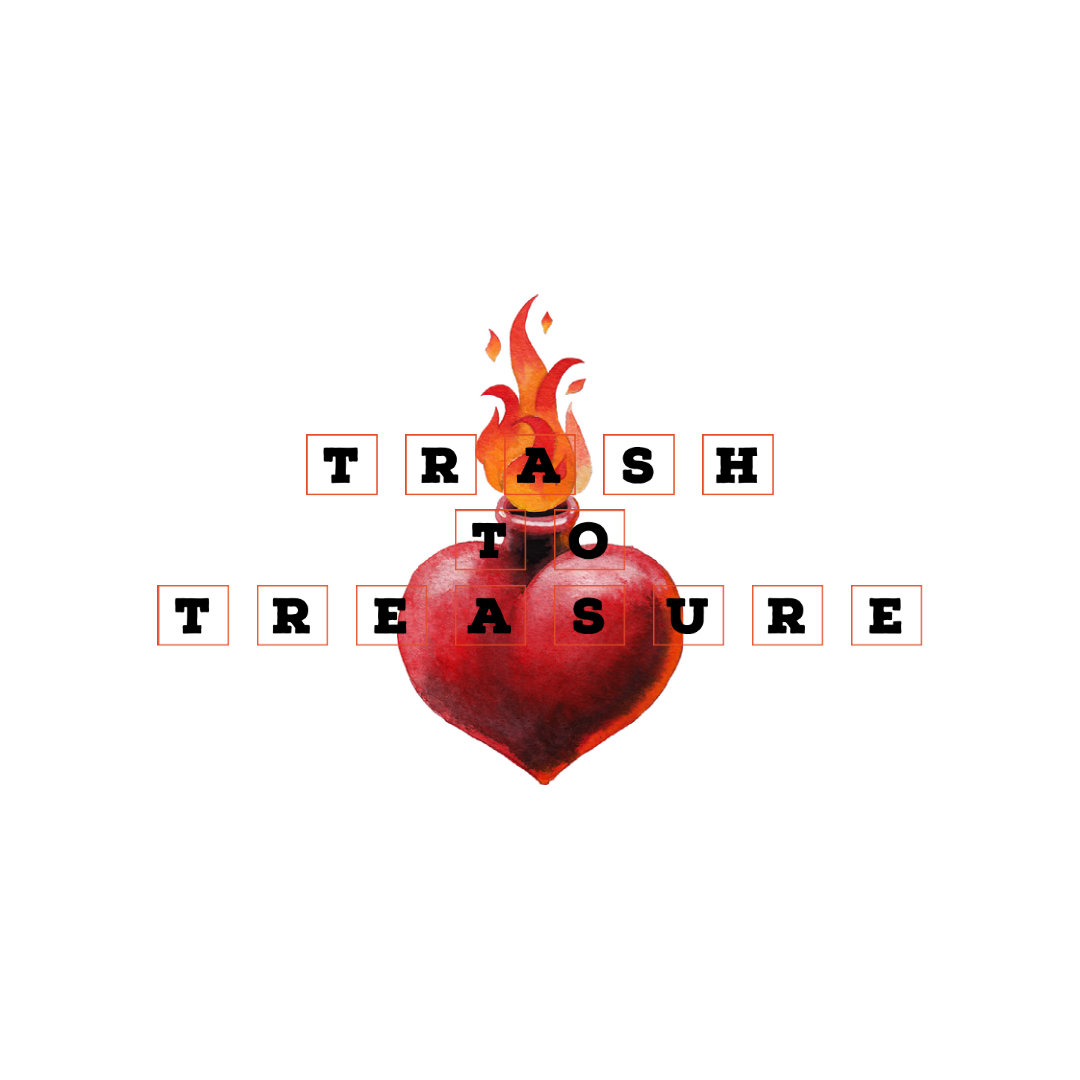News by Ben Coppin
In the heart of the Dust Bowl, deep into the Great Depression, a blind man was walking along the side of the dry, brown road. He had the build of a football player, tall and heavyset. Anyone could tell he was blind, partly from the stick, but also from the way he moved his face. It swung this way and that — first a little up, towards the dry branches of a tree and then down to his side. Whichever way it turned it was never quite pointing where he was going, more like he was listening for something and didn’t know where it might come from.
At some point the dust and stone turned to harder pavement, and the man registered this with a little nod towards the ground, like he was greeting a friend. And now the muffled schk of his stick in the dust made way for a clear, crisp click, click.
He was in a small town now, grey and yellow, desiccated by the sun and wind. A few people moved here and there, their clothes ill-fitting or ragged and from a window above the street came the sound of a baby wailing. He walked past a single hopeful parking meter. An oddity in a town with few cars.
He stopped by a small wooden news-stand, its proprietor alert behind a pile of crinkled newsprint.
“What’s the news, Harvey?” the blind man asked, raising his voice just enough to be heard over the wind.
The newsagent shook his head. “None today, Fred. You can keep on walkin’.”
Fred smiled slightly, nodded. “None, you say? Well how ‘bout that. None yesterday too, I remember right?”
“‘S’right,” Harvey replied, his forehead wrinkling.
“See,” Fred said, his head tipping back, “they say no news is good news. But I wonder.”
“What ya wonderin’ ‘bout, Fred?” Harvey asked.
“Oh, I don’ know,” Fred said. “I was thinkin’ back over the news these past weeks, since you’ve been here. And I tried to ‘member the last time you gave me bad news. I recall you tellin’ me about those boys down in New Mexico had a record crop, and the fella in Utah drove his car more’n 300 miles an hour. But I don’ seem to ‘member any really bad news. Which surprises me.”
“Surprises me too, but what’s it matter? Good news is better than bad, ain’t it?”
“Oh that’s true enough. But it made me wonder. What if my ol’ buddy Harvey ain’t tellin’ me all the news? What if Harvey’s tellin’ me jes’ the bits he thinks I’ll like to hear.”
Fred’s smile was visible from across the street now. And it seemed Harvey knew this game, had played it before.
“So I take a rosy per-spec-tive,” he said. “Not doin’ ya harm, is it?”
Fred nodded.
“No harm, no sir. But still, be nice to hear some news now and then. I don’t hear much on the farm, ‘cept what’s happening right there. And you know I cain’t read them papers myself.”
“I know that,” Harvey said, gently. “Maybe there’ll be some news tomorrow?”
“Maybe. Guess we’ll see.”
Fred raised his stick for goodbye, tapped it on the pavement and walked on.
A group of men, five or six of them, coats up over their faces against the dust, approached the newsstand and formed a rough circle around Harvey.
“Still here, coon?” one of the men, their leader, said, sticking his hands in his pockets and stepping close to Harvey.
“Thought we told you we don’ want you round here, causin’ trouble.”
Harvey looked down at his shoes.
“I ain’t after no trouble, Billy,” he said. “I jes’ want to sell my newspapers in peace.”
“Yeah, well, like I’ve told you before, that ain’t a suitable job for a coloured boy, not in this town. There’s plenty of white folk would happily do this job. My buddy Amos, for one. He could use the work.”
A small, wiry man edged forward, a hungry look on his face.
Harvey glanced briefly up and then back at his shoes.
“So?” Billy said, stepping close enough to Harvey to kiss him, if that’s what he wanted to do. Instead he spat, a big gobbet landing on one of Harvey’s careworn shoes. “What’s it goin’ ta be? You steppin’ aside, or I gotta make ya?”
But before Harvey could answer, Billy’s attention was drawn to a new sound: the click-click of Fred’s stick. The gang parted to make way as he approached the newsstand, as if he held some power over them.
“Bit of trouble, Harvey?” Fred asked, standing next to Harvey, and turning to face the gang.
“Nothin’ I can’t handle, Fred,” Harvey told him.
“Not newsworthy, huh?” Fred asked, his unseeing eyes moving from man to man in the little group, daring them to step forward and tackle a blind man.
“No news here, Fred,” Harvey said, still looking at his shoes.
Fred leaned his large frame on his stick and spoke to Billy. “Seems to me there’s a way to settle this amicably,” he said. “Your pal here wants some work, you say? There’s work up on the farm. Pay ain’t much, but you’ll get fed. All of you, if you’re interested. But you got to show up, got to work. And you got to leave this man alone, let him sell his newspapers.”
Billy sneered. “We don’t need your pity, blind man.” But he’d lost his bravado.
He turned, and he and his fellows sauntered away up the street like nothing had happened.
After a minute, Harvey looked up from his shoes, watched their backs getting smaller.
“Thanks,” he said.
Fred was thoughtful. “I didn’t know you was a negro,” he said without rancour.
“Didn’t seem somethin’ you needed to know,” Harvey said. “Certainly not news, far as I’m concerned.”
Fred nodded. “Reckon you’re right,” he said. “See you tomorrow. Maybe there’ll be some good news then.”
“Maybe there will,” Harvey said, smiling at his friend.
“I wrote it a few years ago for a short-story competition, in which it placed fairly highly. I submitted it to magazines a couple of times, but ended up worrying that its theme was too sensitive, and in particular worried that it might be read as exhibiting a bit of a white saviour complex, so I retired it, and haven't looked at it since. When I came across your magazine, I thought of the story again, and decided to give it a shot. So here it is. I'll look forward to hearing what you think. I note that you don't tolerate racism, which I applaud, but should warn that the story does feature racism, although I hope you'll agree it's not a racist story.”
Ben Coppin (he/him) lives in Ely in the UK with his wife and two teenage children. He works for one of the big tech companies. He's had a textbook on artificial intelligence published, as well as a number of short stories, mostly science fiction, but also horror, fairy tales and other things. All his published stories can be found listed here: http://coppin.family/ben. On Twitter / X he is https://twitter.com/bubbagrub.

